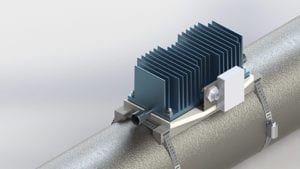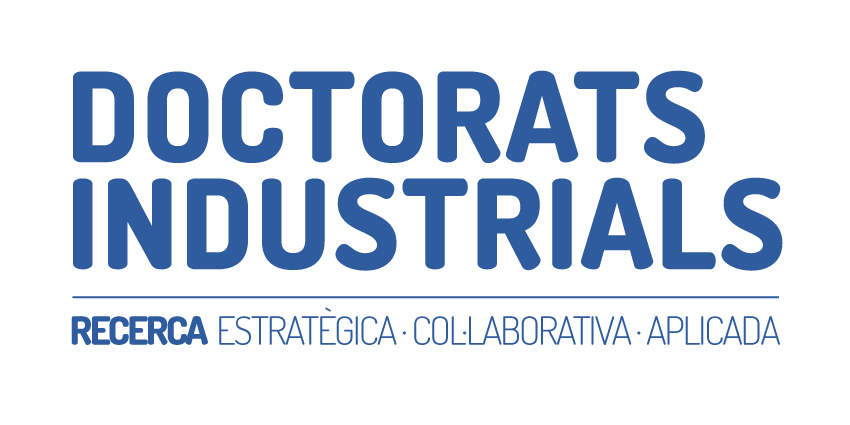ORIGINAL NEWS – www.uab.cat – 28/10/2019

Després de cinc anys de desenvolupament, a finals d’aquest any AEInnova traurà al mercat, a Europa i als Estats Units, els seus sensors de vibracions amb comunicació de llarg abast i que s’alimenten amb calor residual.
These devices, which have been operating at the Repsol Puertollano oil refinery for two years, will use the LoRa communication networks and, from 2020, will incorporate 5G technology and edge computing.
Also in 2020 AEInnova expects to see its heat recoverers installed in companies such as CELSA, Gomà Camps, Distiler and Bodegas Torres, among others. These devices, which are being developed through a LIFE project of the European Commission, are expected to be released in 2021.
These equipments reuse the residual heat that is lost in industrial facilities and transform it into electrical energy. The cost of these devices is still higher than the energy savings they achieve. For this reason, according to Raül Aragonès, president of the company, contributions from the administrations are necessary to move towards a more sustainable economy. In this sense, Germany recently approved a plan for environmental transformation, with an investment of 54 billion euros, which could benefit AEInnova.
According to David Comelles, ceo of the company, they have received offers from the German government and the Emirate of Dubai to move to their countries. For now, however, they are considering opening an office there and manufacturing the devices sold there in those markets to bring production up for sale, avoid carbon dioxide emissions and encourage the creation of local jobs.
Later this month, coinciding with the IoT World Congress in Barcelona and the WARAKU Summit in Fukuoka (Japan), they plan meetings with representatives of the German government and with three large Japanese companies (Sogo Shoshas) to analyze alliances in these countries.
AEInnova also develops sensor networks, without cables or batteries for industrial installations that can be very useful in the application of the Internet of Things in the new Industry 4.0.

